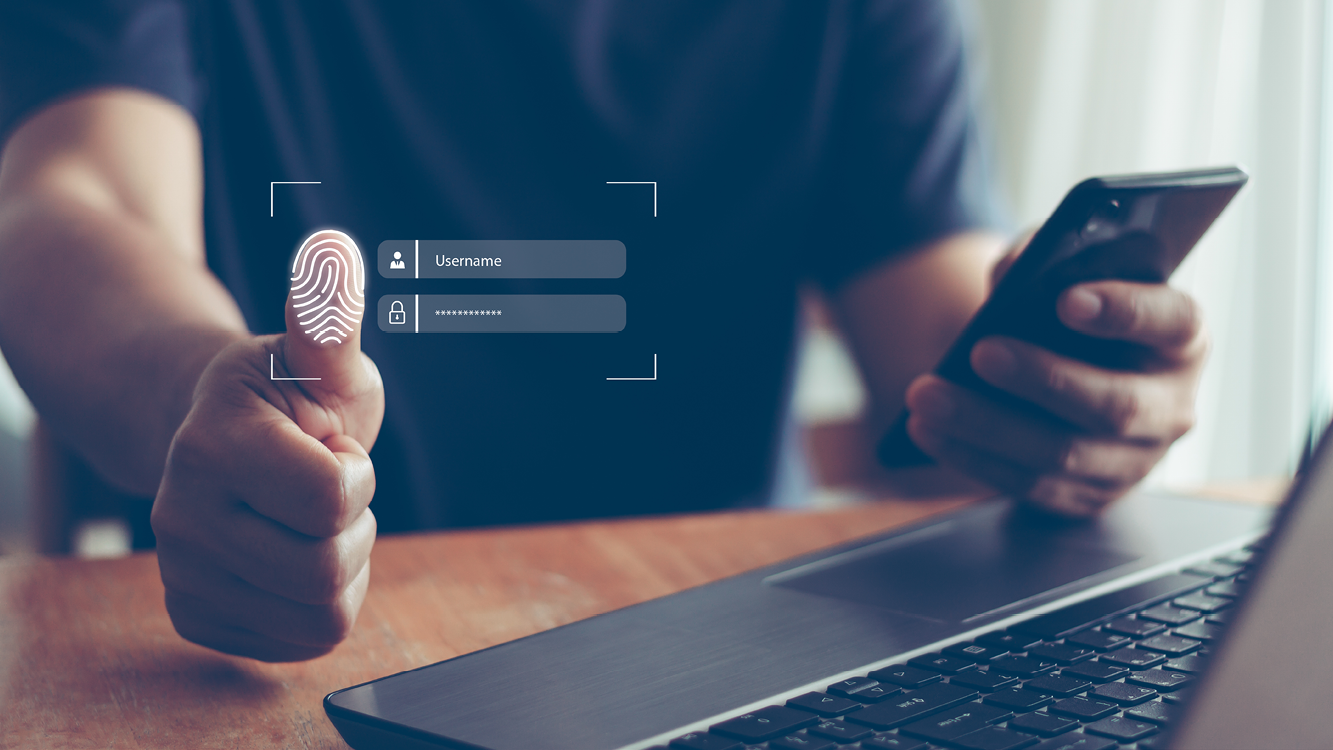Why Companies Need a Digital Identity Authentication Expert Immediately
Digital identities are just months away from launch, and your clients are looking for information, guidance, and solutions.
BlueStar's diverse portfolio offers unparalleled access to premium products and services that drive business growth and success. From state-of-the-art hardware to advanced software solutions, our portfolio is designed to empower businesses with the tools they need to thrive in today's competitive landscape.
Our vertical-based content focuses on different industry technologies, solutions, and insights.
A true VAD offers top-notch pick, pack and ship services, and provides programs and services that add value to the distributed products that increase their value or worth.
The BlueStar Difference2 min read
BlueStar October 1, 2024 6:20:22 AM EDT

Providing multi-factor authentication (MFA) distinguishes you from competitors and can help build stronger relationships with your customers.
As technology solution providers (TSPs) serving retail customers, you play a vital role in helping businesses build strong and lasting relationships with their customers. One key component is customer loyalty programs, which offer incentives to encourage repeat purchases and foster brand loyalty. However, the sensitive data collected in these programs, such as names, addresses, purchase histories, and other personal information, makes them a prime target for cybercriminals. Additionally, an estimated $48 billion of unspent loyalty points are up for grabs, making this type of fraud a potentially risk-free and enriching opportunity for scammers.
The Risks of Data Breaches
A data breach exposing customer information can devastate retailers and their customers. Not only can it lead to financial loss due to fraudulent transactions, but it can also tarnish the retailer’s reputation and erode customer trust. In addition, regulatory fines and legal liabilities can be substantial, further impacting the business.
The Role of Multi-Factor Authentication (MFA)
Multi-factor authentication (MFA) is a security measure requiring users to provide multiple forms of identification to access an account. By adding MFA to your retail customers’ loyalty programs, you can significantly enhance the security of their sensitive data and protect them from unauthorized access.
How MFA Works
MFA typically involves two or three factors of authentication:
Combining these factors, MFA creates a more robust barrier against unauthorized access. Even if a cybercriminal obtains a user’s password, they will still need to provide additional forms of identification to gain access to the account.
Benefits of Implementing MFA
Adding MFA to your retail customers’ loyalty programs offers several key benefits:
Best Practices for Implementing MFA
When implementing MFA for your retail customers’ loyalty programs, consider the following best practices:
By adding multi-factor authentication to your retail customers’ loyalty programs, you can help them protect their sensitive data, build customer trust, and stay ahead of the curve in the competitive retail landscape. As a trusted technology solution provider, you can play a crucial role in safeguarding the security and integrity of your customers’ businesses.

Digital identities are just months away from launch, and your clients are looking for information, guidance, and solutions.

Resellers operate in a fast-moving industry where speed, efficiency, and customer satisfaction determine success. Yet, configuring and preparing...

TSPs have the opportunity to meet demand for solutions that deliver convenience to customers and greater efficiency to merchants.